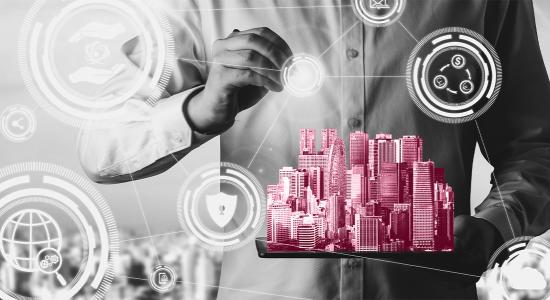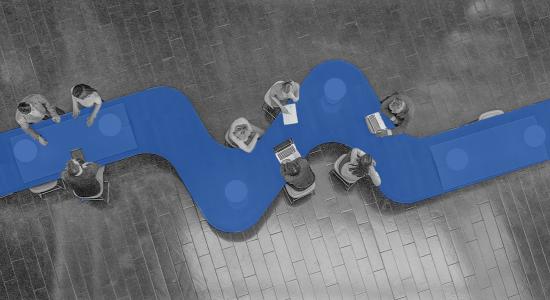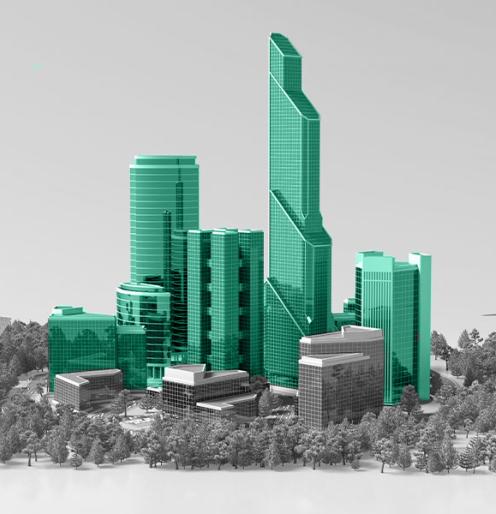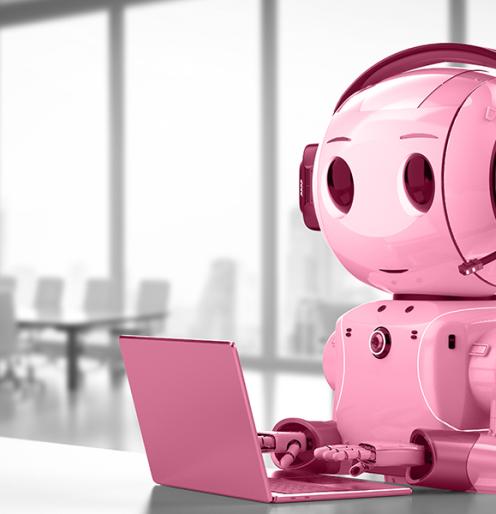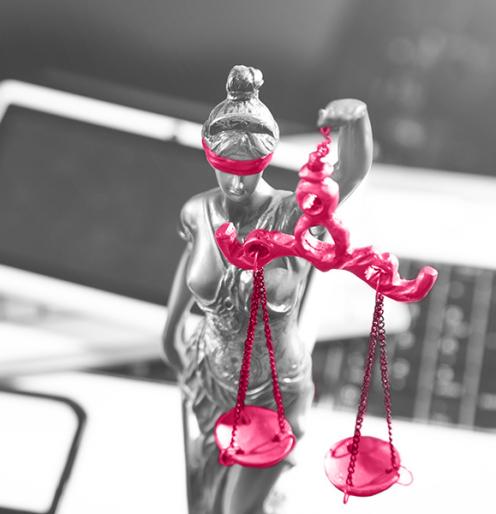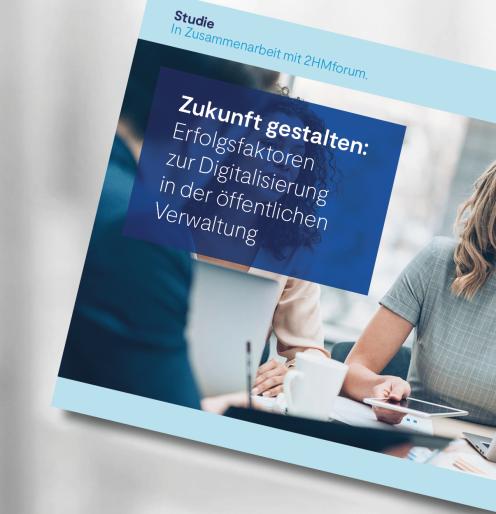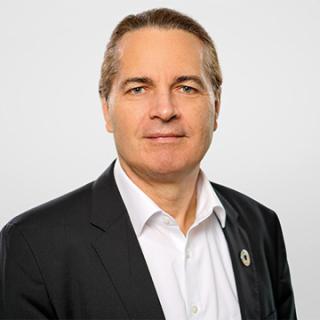- Home
- Consulting
- Industries
- Public Sector
- Smart City
Smart City
What could your Smart City look like?
A Smart City we all want to live in!
For Detecon, smart cities and smart regions are more than just the construction of individual intelligent solutions. First and foremost, the needs of the citizens are in the foreground here. Solutions for the future of cities and regions must therefore be considered multidimensionally.
Detecon brings together experts from various fields, such as digitalisation, cybersecurity, IT management, process design and transformation. In particular, the areas of administration, infrastructure, buildings and mobility are linked, where the greatest potential for citizen-centred smart solutions lies. Our consulting always follows the principle of "sustainability" in order to offer lasting added value for cities, regions and their citizens.
Our service portfolio
We want to transform cities and regions sustainably and ensure their future viability. Together with our customers, we create liveable, resource-efficient and digitised communities. This includes a digitally transformed administration with digital citizen services, sustainability dashboards and secure data platforms, 5G systems, innovation hubs and sustainable mobility services.
We accompany cities and regions from idea generation to strategy and implementation. All according to the individual starting situation and the needs in the respective municipality! Thanks to our experience and expertise, we are broadly positioned as a partner and can also reliably use best practices from other industries as well as the technological strength of Deutsche Telekom.
We take into account the following, central areas of a smart city:
Smart government
In the area of smart government, the use of smart, innovative applications should enable greater citizen participation in urban or regional decisions, improve the quality of public and social services and make administrative actions transparent. All processes and interactions within the administration as well as in cooperation with the citizens should be improved so that the exchange with the administration becomes easier and faster for them. Detecon offers municipalities the introduction and implementation of OZG services and platform solutions for this purpose. Detecon also accompanies the introduction of new forms of participation and digital participation channels within the framework of project management (PMO), which must always be considered when planning information and communication technology (ICT). Digital channels offer the opportunity to connect all actors in a smart city. In order to enable a holistically conceived end-to-end digitalisation that affects all participation and administrative processes, Detecon creates the prerequisites through a well-founded organisational investigation and a responsive change management approach.
An important component of end-to-end digitalisation is e-government. For example, electronic files (e-file) should be introduced, an electronic channel opened for all administrative units, electronic records and electronic payment made possible, and open data made available. Detecon supports municipalities in the introduction of a document management system (DMS) with e-files, which in turn are based on file plans. Detecon also supports the integration of specialised procedures, the modernisation and networking of registers.
These approaches from Detecon's service portfolio lead to electronic, networked without media discontinuity, computer-based and fully automated handling of administrative and democratic processes within the framework of municipal activities using ICT. Public tasks can be efficiently supported in this way and municipal services of general interest can be secured. In a smart city, internet-based and interoperable citizen services are offered to enable access to public support for citizens and business. In addition, political processes can be followed and actively shaped without barriers, such as educational, linguistic or physical impairments. This improves political participation in smart cities, removes barriers to participation, enables a platform-based dialogue between citizens and creates transparency and public acceptance of political decisions. At the same time, innovative digital technologies, such as the introduction of AI-supported chatbots, provide further opportunities to optimise processes within the administration in terms of time and costs and to counteract the shortage of skilled workers. The goal should be that a smart administration can assume the role of a modern service provider in the future.
Smart living
In the area of smart living, life in the city or region will be improved through the use of smart, innovative applications. The availability of cultural facilities, urban safety, quality healthcare, a wide range of educational opportunities, social cohesion and improved housing quality are key indicators. The use of innovative, digital technologies aims to simplify the daily life of citizens regardless of age and to increase the quality of life. Age-appropriate assistance systems that link people and their social environment as well as monitoring systems that recognise medical emergencies in advance and report them automatically are initial examples of applications. Detecon supports municipalities in the introduction of smart assistance systems and data-based monitoring systems.
The basis for this is the establishment of data management in the municipalities as well as trend and impact management (trend radar), which records demographics and changes in needs. Detecon also supports municipalities in future-oriented, social and sustainable urban planning, taking into account innovative digital technologies such as Digital Twins or Metaverse. Sensor-based control systems and intelligent lighting systems can also be approaches to urban planning in order to increase the quality of life and improve the feeling of safety in the city. The information collected by the cyber-physical system (CPS for short), which originates from all parts of the city, can be coordinated and evaluated in an intelligent security system so that potential danger situations can be recognised in advance using AI and countermeasures can be taken, naturally taking into account aspects relevant to data security.
Smart people
The area of smart people is essential for a smart city or smart region. For a municipality to be a true smart city or smart region, sufficient educational facilities and (digital) competence are necessary in order to also develop and implement innovative, smart solutions. Detecon's experts offer agile training and further education opportunities tailored to the respective needs in order to train or further educate citizens, employees or other stakeholder groups and thus build up (digitalisation) competencies. All in all, smart cities and regions focus on increasing human and social capital.
Human capital includes all (personal) professional and social competences as well as the health of the citizens, whereas social capital refers to systemic prerequisites for the success of cooperations, trusting relationships, common goals, convictions and values as well as supportive municipal leadership. Thus, all Smart City/Region measures and tools are summarised here that raise the qualification level of the actors in the municipality, increase the willingness and affinity for lifelong learning, promote ethnic and social diversity, enable civic participation in public life and develop a creative and open-minded urban society. In order to achieve these goals, digitally literate actors from citizenship, administration and business in the municipality are needed, who can not only use digital applications, but also develop them.
Especially in the implementation of the cyber-physical system (CPS), qualified people are needed in the city who can derive information, measures and decisions from, for example, environmental or mobility data. In this context, it is important to establish a knowledge management system so that what has been learned is not lost again. In addition, new forms of working should be possible for most citizens: teleworking, home office or mobile working. Detecon advises many municipalities on how new forms of work can be implemented or how entire buildings can be converted or redesigned for new forms of work and collaboration.
Smart environment
The area of smart environment is one of the focus topics for Detecon. Intelligent applications and tools reduce environmental pollution, support active climate and environmental protection, shape the sustainable use of resources and thus increase the attractiveness of cities and regions due to improved environmental conditions. Detecon supports municipalities in the development and creation of tailor-made climate and environmental protection concepts. Intelligent solutions in combination with the protection of existing green spaces, investments in urban greening and sustainable building management and construction can make a contribution here to reducing resource consumption and thus minimising the CO2 footprint in the municipalities.
In this context, the monitoring of urban environmental conditions is of particular importance, as they make environmental quality measurable and controllable. Detecon's green information and communication technology (ICT) solutions, in combination with our environmental and sustainability dashboard, can create great added value and transparency. To compensate for the newly created and already existing data volumes, a reconstruction of the data centre is recommended. Detecon's experts support municipalities in the transformation to green data centres.
Smart mobility
In the area of smart mobility, a sustainable, innovative, safe and barrier-free transport and mobility system is developed through the use of smart applications and tools in the city or region and the accessibility of the city and region is improved. The basic prerequisite for this is the availability of an information and communication technology (ICT) infrastructure. In the thematic area of smart mobility, intelligent solutions are sought for a more resource-efficient transport system in the future. This is highly relevant, as the transport sector accounts for a large share of energy consumption and greenhouse gas emissions. The existing transport offer can also be optimised through the use of ICT. The further development of existing municipal mobility and transport concepts, for example to autonomous and emission-free concepts, the use of networked traffic and traffic light control, the introduction of an intelligent parking space management system and traffic flow optimisation via real-time traffic guidance systems are further approaches to solutions here. Detecon provides a wide range of consulting services in the field of transport and logistics, as well as on various issues related to travel behaviour.
Smart mobility is rounded off by mobility offers for the first and last mile. The switch from private motorised transport (MIV) to local public transport (ÖPNV) is only successful if there are appropriate offers in the city and in the countryside so that citizens can reach their destination comfortably, without time restrictions and at low cost (also compared to private vehicles). Here, e-scooters, bike sharing or bike leasing, shuttle services or car sharing are good options. Employers or municipalities can also offer self-supported e-bikes that can be used both privately and professionally. Detecon offers various concepts for monetisation.
Smart economy
The smart economy area includes all smart applications and measures that have an influence on the competitiveness of companies and thus on the business location of a municipality. Detecon supports municipalities as an incubator to ensure a rapid transfer of digitalisation innovations into implementation. The Digital Engineering Center (DEC) in Berlin, a department of Detecon, with its focus on cybersecurity, analytical intelligence, co-innovation, and the industrial Internet of Things (IoT) is a strong partner.
The promotion of the local spirit of innovation, local entrepreneurship and the productivity of companies and skilled workers through (digital) tools, applications and products are the focus of the smart economy. Locally adapted information and communication technology (ICT) and cyber-physical technologies create new entrepreneurial potential that municipalities can use to overcome economic challenges. Detecon can help build incubators and start-up ecosystems. Data and information from the municipalities are used to strengthen and optimise production or service processes in existing sectors and to develop new digital offerings for citizens and businesses. In concrete terms, platform solutions can promote the exchange with the start-up scene, innovative companies and investors and thus benefit start-ups. On the other hand, the provision of public data by the municipality enables innovative business models. Detecon works hand in hand with municipalities in conducting data analyses and using artificial intelligence in appropriate places to make the location more attractive and sustainable for all municipal stakeholders.
Furthermore, the networking of local companies, authorities, service institutions and employees in smart cities or regions can stabilise the regional labour markets and make them more flexible. In addition to a flexible labour market, an economic image, a transformation capability and an international embedding of the municipality are also created. In this way, a municipality can act as an innovation hub and innovative smart city or region.
Was bewegt die Smart City Community?
External editorial content
>> Find more videos here <<
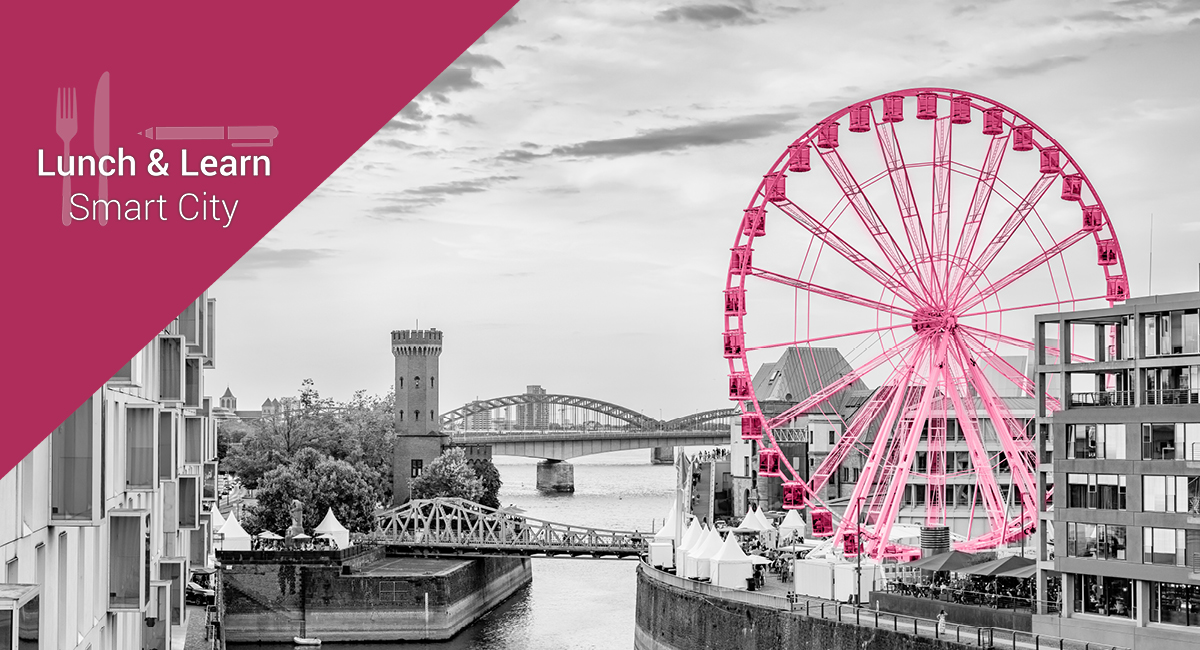
Lunch & Learn Smart City - join us!
Learn something about the facets of the digital city during your lunch break, exchange ideas and network with many different people on the topic of Smart City - that's Lunch & Learn Smart City.
You are welcome to join us! Once a month, we discuss topics ranging from data management and AI to sustainability and digital education with an interested community. You can find information about the current events here (german language only).
Smart City Index 2022: Germany's most digital cities
Detecon is a proud sponsor of the Bitkom Smart City Index 2022: "There is an enormous digital drive in cities," says Bitkom President Achim Berg. The evaluations show that clear digital strategies, the further development of network infrastructure and the commitment of citizens are crucial for success.

